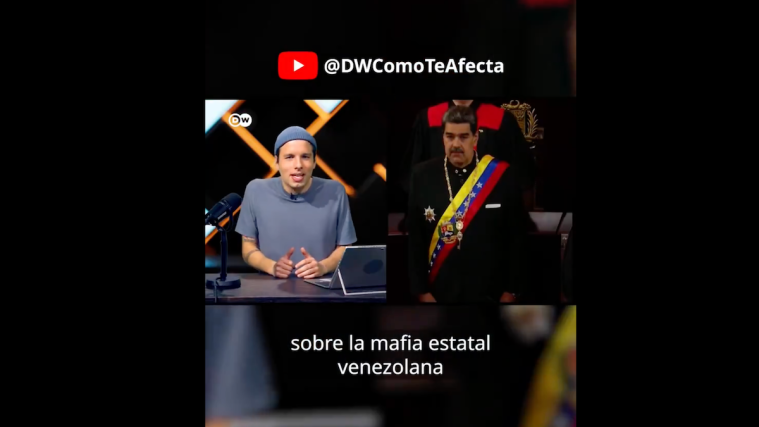Bogotá, March 7, 2024—The Venezuelan government must allow German public broadcaster Deutsche Welle and other international news channels to broadcast freely in the country, the Committee to Protect Journalists said Thursday.
On Monday, DW’s Spanish-language TV channel posted a video on X calling Venezuela “the world’s second most corrupt country” and reporting that high-ranking politicians were allegedly involved in cocaine trafficking, extortion, and illegal gold mining.
In response, Communications Minister Freddy Ñáñez accused DW of “promoting hatred” and defaming Venezuela. On Monday evening, the National Union of Press Workers (SNTP) said DW was no longer available on the country’s two main cable distributors, Supercable and SimpleTV. On his weekly TV program that day, Nicolás Maduro, Venezuela’s president, justified taking DW off the air by calling it a “Nazi” broadcaster.
“By taking DW off the air over a critical report, the Venezuelan government is once again demonstrating its overt hostility to press freedom in the country,” said CPJ’s Latin America program coordinator, Cristina Zahar, in São Paulo. “Venezuelans have a right to information, especially information that holds the powerful to account. Venezuela’s government must allow DW to return to the air.”
In a statement Tuesday, DW Director General Peter Limbourg said, “We urgently call on the Venezuelan government to once again ensure the distribution of the Spanish language DW television channel as quickly as possible. This restriction of DW’s broadcast is a serious encroachment on the freedom of the people in Venezuela to find independent information themselves.”
Amid government censorship of local media, international TV stations had been an important source of independent news coverage for Venezuelans, Carlos Correa, director of the Caracas-based press freedom group Espacio Público, told CPJ. However, since 2010 at least 14 channels, including CNN and news stations from Mexico, Colombia, Peru, and other countries, have been taken off the air, according to the SNTP. The union noted that DW transmissions were also briefly blocked in 2019 following the station’s coverage of anti-Maduro protests.
The blockage of DW comes amid a wider government crackdown on dissent, including the arrest last month of a prominent critic of Venezuela’s powerful military and the expulsion of a United Nations human rights agency, as the country gears up for the scheduled July 28 presidential election, in which Maduro is seeking another six-year term.
CPJ’s calls to Venezuela’s Communications Ministry and Maduro’s press office went unanswered.
